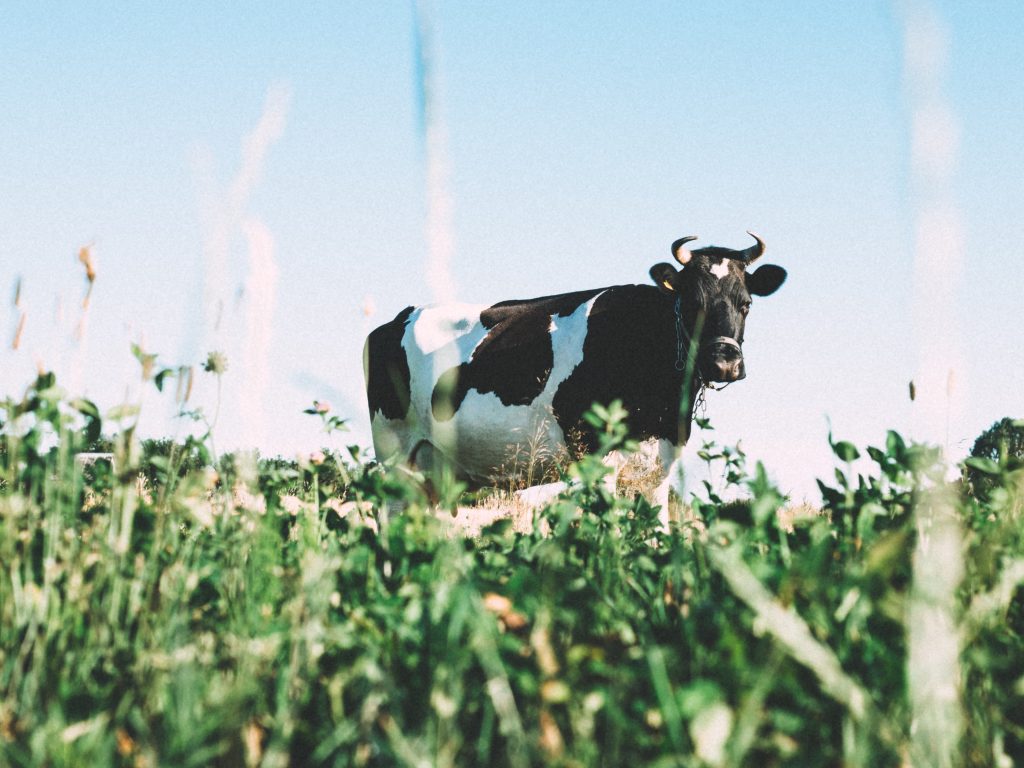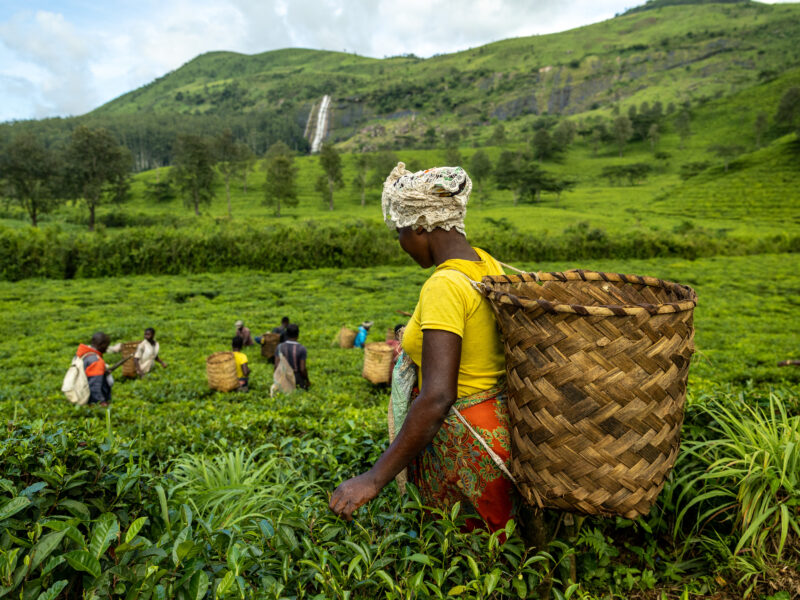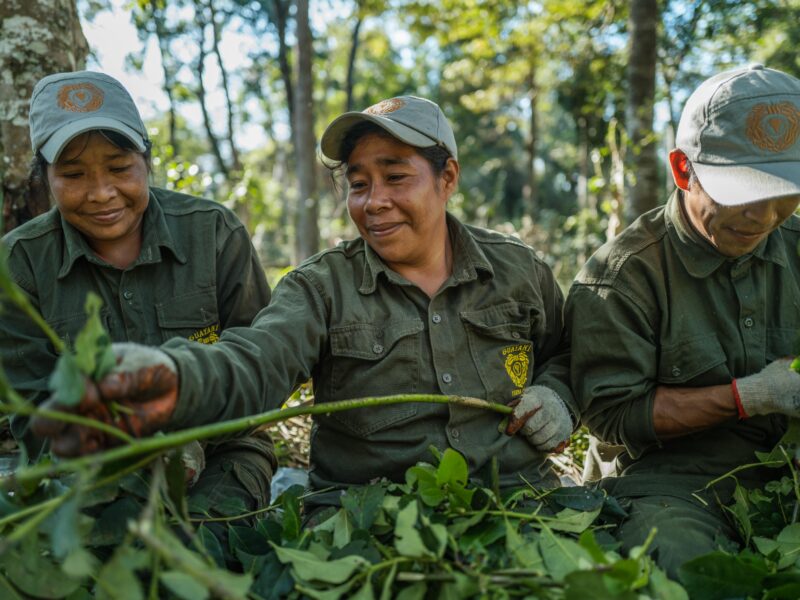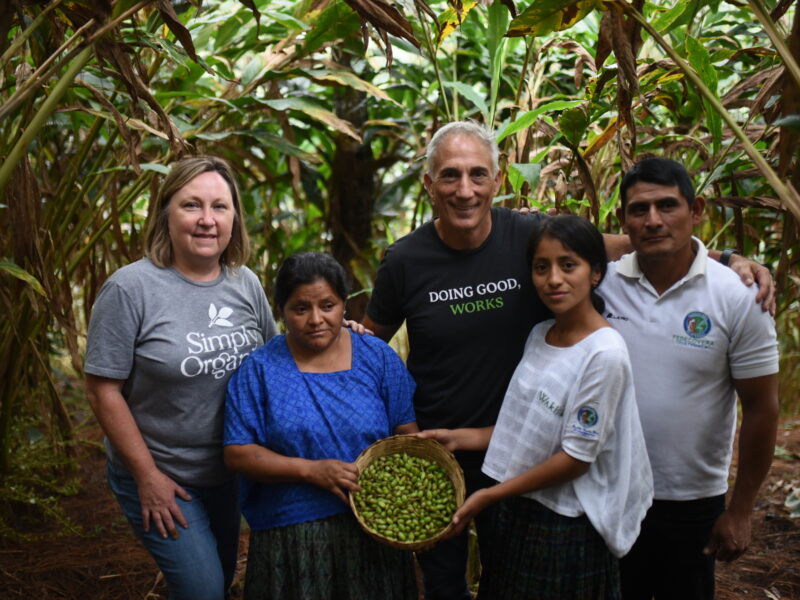This week, the Guardian explored why the suicide rate for American’s farmers is increasing. The study found that farmers, farm laborers, ranchers, fishers and lumber harvesters – take their lives at a rate higher than any other occupation. Also in the news, first-time farmers are finding it difficult to acquire rural land. On Monday the European Union voted to extend its authorization for the use of glyphosate for an abbreviated period of five years, with European mega powers France and Germany splitting over the move. Shortly after this announcement two European environmental health groups, Global 2000 and Pesticide Action Network, have announced plans to sue European Union authorities over their assessment of glyphosate. In better news. President Trump’s nominee to oversee chemical safety at the Environmental Protection Agency, Michael Dourson, withdrew his nomination on Wednesday. Also, newly announced legislation offered in the Senate would make changing conventionally farmed land to organic production easier. The legislation, The Homegrown Act of 2017 is sponsored by Sen. Bob Casey, D-Pa. in the Senate and Rep. Annie Kuster, D-N.H. in the House. Lastly, a groundbreaking study by Northeastern University and The Organic Center compared over 1,000 soil samples nationwide and found that soils from organic farms sequester significantly more carbon than soils from conventional farms.
Why are America’s farmers killing themselves in record numbers?
Last year, a study by the Centers for Disease Control and Prevention (CDC) found that people working in agriculture – including farmers, farm laborers, ranchers, fishers, and lumber harvesters – take their lives at a rate higher than any other occupation. The data suggested that the suicide rate for agricultural workers in 17 states was nearly five times higher compared with that in the general population.
New farmers’ biggest challenge: Finding land to farm.
Homeowners are outcompeting farmers for rural land. At the same time, many of the newest generation of aspiring farmers don’t come from farming families who offer the prospect of one day taking over their parents’ fields. These two intersecting shifts in the profession are leading new farmers in Northern California to lease land from owners who live on the property.
The European Union voted on Monday to extend its authorization period of five years
The European Union voted on Monday to extend its authorization for the world’s best-selling herbicide for an abbreviated period of five years, with France and Germany splitting over the move.
Environmental Groups Plan to Sue EU Regulators over Glyphosate Decision.
European health and environmental groups Global 2000 and Pesticide Action Network (PAN) have announced plans to sue European Union authorities over their assessment of the herbicide glyphosate, the active ingredient in Roundup products produced by the chemical company Monsanto. The groups claim that the German regulatory authority, the Federal Institute for Risk Assessment (BfR), and the European Food Safety Authority (EFSA) used material directly from Monsanto in their report over the safety of glyphosate without making clear that the data came from Monsanto itself. “Both the BfR and the EFSA were in breach of the requirement obliging them to make an independent, objective and transparent assessment,” the groups said in a statement provided to Reuters.
Dourson’s Defeat a Big Win for Public Health.
There were plenty of good reasons to oppose President Trump’s nomination of Michael Dourson to oversee chemical safety at the Environmental Protection Agency. Dourson, who was opposed by public health, reproductive health, labor, business and environmental organizations, withdrew his nomination Wednesday.
Legislation seeks to boost U.S. organic production.
New legislation offered in the Senate would make changing conventionally farmed land to organic production easier. Called the Homegrown Act of 2017, the legislation was sponsored by Sen. Bob Casey, D-Pa., and mirrors a bill with the same title introduced in August by Rep. Annie Kuster, D-N.H.
Organic: Leading the way to a Green Planet
Research supports organic farming as a means to promote soil biodiversity, improve fertility and increase carbon in the soil. Most recently, a groundbreaking study by Northeastern University and The Organic Center compared over 1,000 soil samples nationwide and found that soils from organic farms sequester significantly more carbon than soils from conventional farms.









